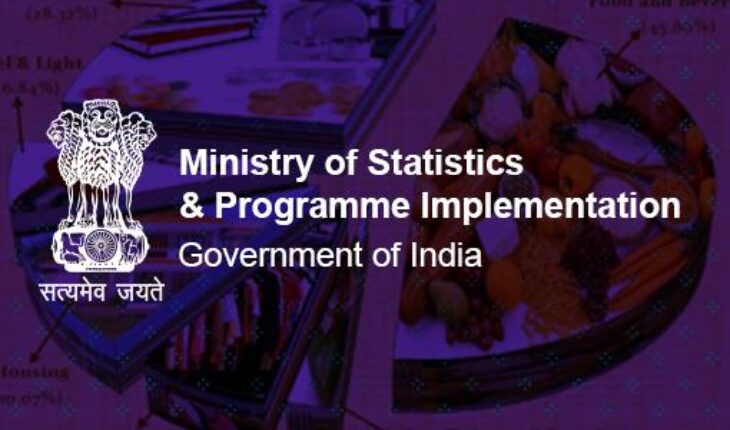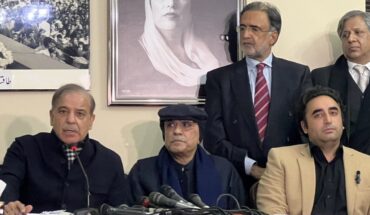India’s Statistics Ministry recently disclosed preliminary outcomes of the Household Consumption Expenditure Survey for the period August 2022 to July 2023, marking the first significant release of survey-based data since 2011-12 that seeks to illuminate the real conditions of household economics in India. This release is notably crucial as it fills the void left by the delayed decennial Census, originally scheduled for 2021. The survey, a quinquennial exercise by the National Sample Survey Office (NSSO), arrives amidst skepticism, given the controversial dismissal of the 2017-18 consumption and employment survey data over “quality issues” — a move many interpreted as a reluctance to confront potentially unfavorable revelations. The previous survey’s shelving, attributed to its capture of demonetisation’s adverse impacts and the Goods and Services Tax’s implementation effects, casts a shadow over the interpretation of the current data. This backdrop makes the 2022-23 survey’s findings particularly intriguing, suggesting significant shifts in consumption patterns post-pandemic, reflecting possibly a burst of pent-up demand. Notably, the survey indicates a 33.5% and 40.4% increase in the average monthly per capita consumer expenditure (MPCE) in urban and rural settings, respectively, since 2011-12. While the government frames this as evidence of improved living standards and reduced inequality, the reality is nuanced, with the growth rates lagging behind inflation and GDP growth over the same period. A comprehensive and critical examination of the survey is essential, and its full findings must be published promptly. Only then can a more accurate assessment of India’s economic health and policy needs be made. The upcoming survey, concluding in July, is anticipated to offer a clearer view, untainted by the fluctuations of pent-up demand and recent inflationary trends. Until then, any recalibrations of poverty, inflation, or GDP metrics should be approached with caution, awaiting the complete and contextualized data the next survey promises.
Consumption data is a mirror to economic health
Published Date: 02-03-2024 | 1:00 am





